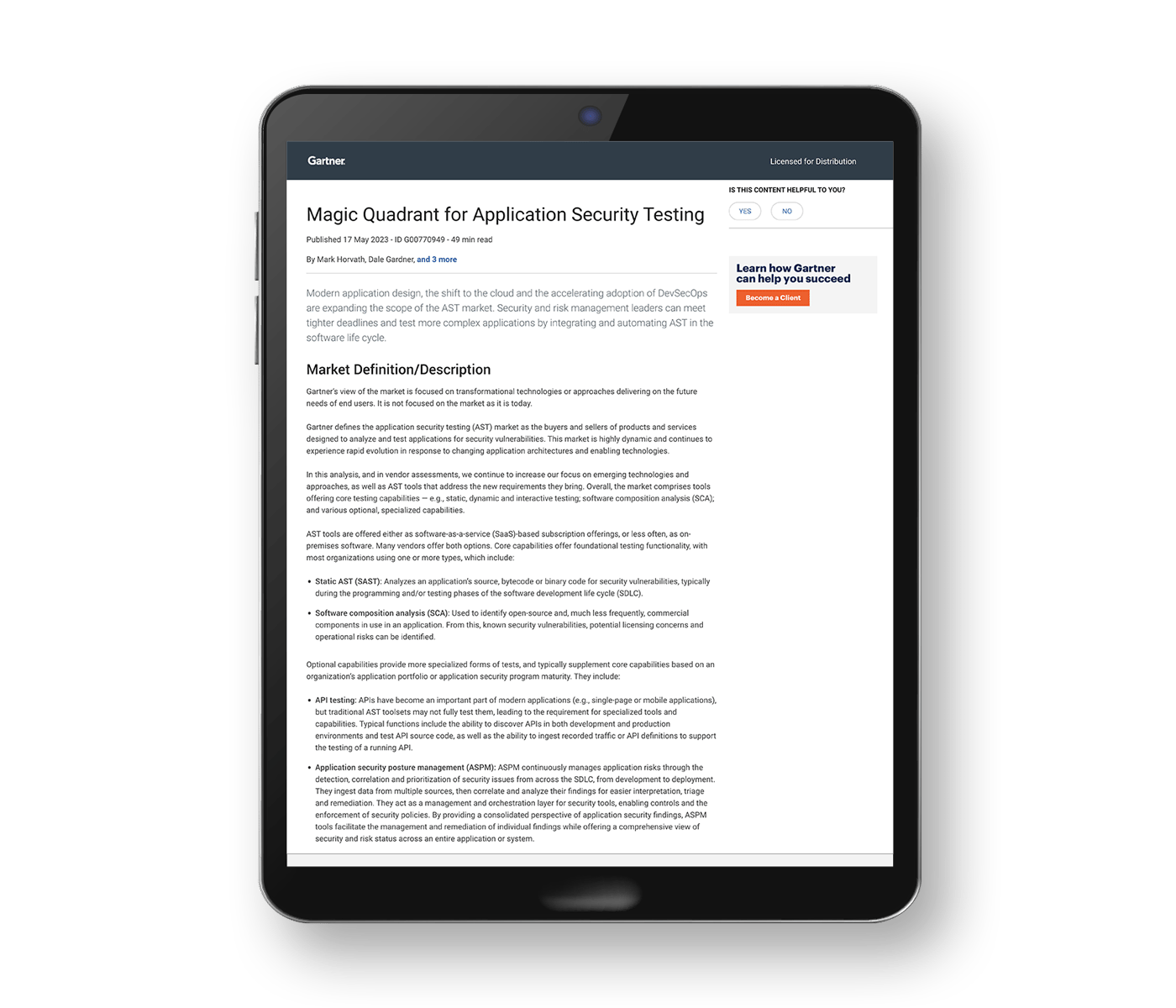Last Friday President Trump signed executive orders that banned nationals of seven countries that included all people hailing from: Iraq, Syria, Iran, Libya, Somalia, Sudan and Yemen. The executive order also bans entry of those fleeing from war-torn Syria indefinitely.
Maria Korolov at CSO recently published an article on the concerns of security professionals over the travel ban imposed by President Trump entitled "Security Execs Voice Concern over Trump Travel Ban." Jeff Williams, CTO and Co-founder of Contrast Security, was interviewed, along with other cybersecurity executives, and his thoughts regarding the ban are shared in the aforementioned article.

Senior security industry professionals weighed in about the travel ban imposed this weekend by President Trump, and worried that the repercussions could go far beyond the handful of countries singled out so far.
The nation's cybersecurity posture would be hurt in numerous ways, they said, citing increased anti-American sentiment spurring more hacking attacks, hurting international cyber enforcement cooperation efforts, discouraging foreign students from coming here to study, hurting recruitment efforts, and influencing organizers of international cybersecurity conferences to look at other countries for meeting locations.
And while most of these effects will take time to be realized, some companies have already felt the impact of the ban
"It’s the height of irony that we are closing off the human resource supply chain in an effort to secure our borders," he said.
Jeff Williams
CTO & Co-founder
Contrast Security
...Cybersecurity is a global community, said Jeff Williams, CTO at Palo Alto, Calif.-based Contrast Security. "Most of the bug bounty security researchers are from foreign countries," he said.
"Many cyber companies are started by foreign nationals. And most security teams at major companies are staffed with people from all over the world. And the cybersecurity programs in our colleges and universities are flooded with immigrants. Basically, until now, the US has been the beneficiary of the global cybersecurity brain drain."
If the U.S. shuts its doors, all that will change, he said.









